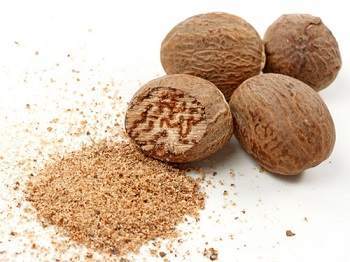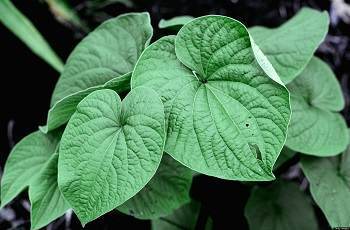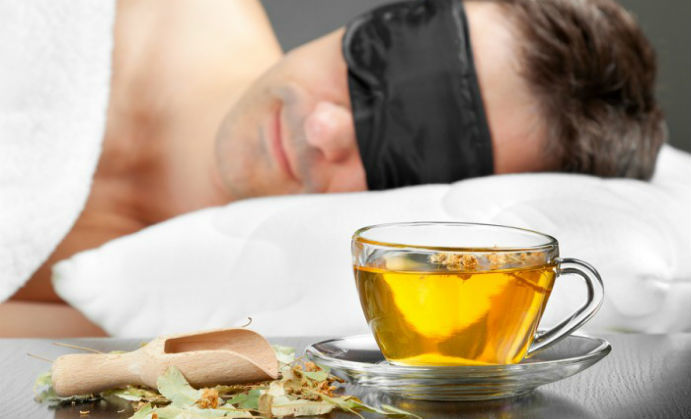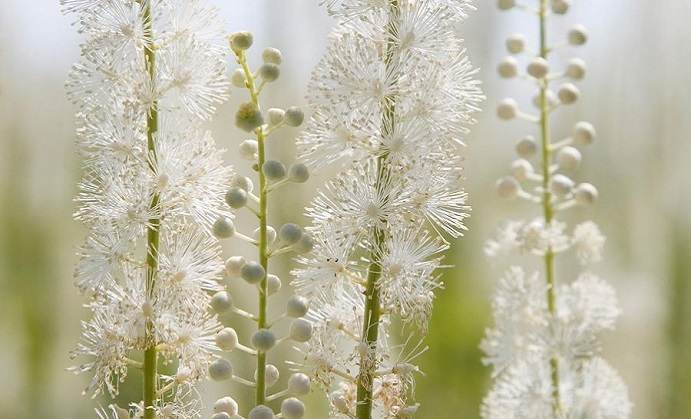On an average adults require about eight hours of good sleep a night. Estimates are that only about a third of us sleep that much. If you’re having trouble getting that much sleep, or if you’re having trouble sleeping at all, you’re probably looking for a solution, any solution.
Sleeping pills might come to mind, but lots of options are available. Maybe you just need to clear your schedule in the early evening and give yourself time to wind down before bedtime. Other possibilities are better nutrition, a new exercise routine, or you might do what the experts recommend and set up a regular sleep schedule.
 Going to bed and getting up at the same time every day can be enormously helpful in resolving insomnia. You might have fun, too, for example you might find that incorporating massage, meditation, and warm baths into your schedule gives you a new lease on life. Herbal remedies can also provide relief, but before taking them you’re advised to see your doctor. First you need an evaluation of your sleep problem and your general health. An underlying physical or psychological problem could be causing your sleepless nights, and you aren’t going to get the sleep you need until you correct any such problem.
Going to bed and getting up at the same time every day can be enormously helpful in resolving insomnia. You might have fun, too, for example you might find that incorporating massage, meditation, and warm baths into your schedule gives you a new lease on life. Herbal remedies can also provide relief, but before taking them you’re advised to see your doctor. First you need an evaluation of your sleep problem and your general health. An underlying physical or psychological problem could be causing your sleepless nights, and you aren’t going to get the sleep you need until you correct any such problem.
That being said, your doctor can also recommend herbs that might be of use for your specific sleep problem. For example, if you go to sleep but can’t stay asleep you’re looking at a different problem than if you wake up repeatedly during the night. And some herbs interact with specific medications, so you need your doctor’s review of your situation before starting an herbal remedy.
 Pending your doctor’s advice, following is some preliminary information about herbs to get you started.
Pending your doctor’s advice, following is some preliminary information about herbs to get you started.
Nutmeg is highly regarded as a sleep aid because it has a mild sedative quality. If you can’t relax enough to go to sleep, nutmeg might be the answer. Most herbalist recommend that you take nutmeg about four hours before your bedtime, and they also recommend that you use freshly ground nutmeg to get the best results. If you grind your own, dissolve about one-fourth of a teaspoon in liquid and drink.
Chamomile is a traditional and often effective solution for any kind of sleep problem, and particularly if you are irritable. It’s safe for both children and adults. You can use it as a tea, or put a few drops of oil in your bath, or use the oil as part of a massage.
 Kava Kava is a popular sleep remedy that has a calming effect. You may be surprised to know that in some parts of the world it’s used as an alternative to alcohol, particularly in the Pacific islands, where it’s also a ceremonial drink. Herbalists recommend that you don’t drink alcohol and Kava Kava tea at the same time because you may invite liver damage. And you should not use Kava Kava if you have liver problems. For best results you should drink the tea about an hour before bed.
Kava Kava is a popular sleep remedy that has a calming effect. You may be surprised to know that in some parts of the world it’s used as an alternative to alcohol, particularly in the Pacific islands, where it’s also a ceremonial drink. Herbalists recommend that you don’t drink alcohol and Kava Kava tea at the same time because you may invite liver damage. And you should not use Kava Kava if you have liver problems. For best results you should drink the tea about an hour before bed.
Hops is another herb that might help, especially if you’re being kept awake by worry. You can try using a hops pillow, drinking hops tea, or using a tincture.
Valerian is another tried and true herbal remedy for sleep. It’s especially good if your problem is that you wake often in the night because Valerian helps you stay asleep.
Do you want to find an effective Insomnia treatment? Check out our top rated Insomnia products











